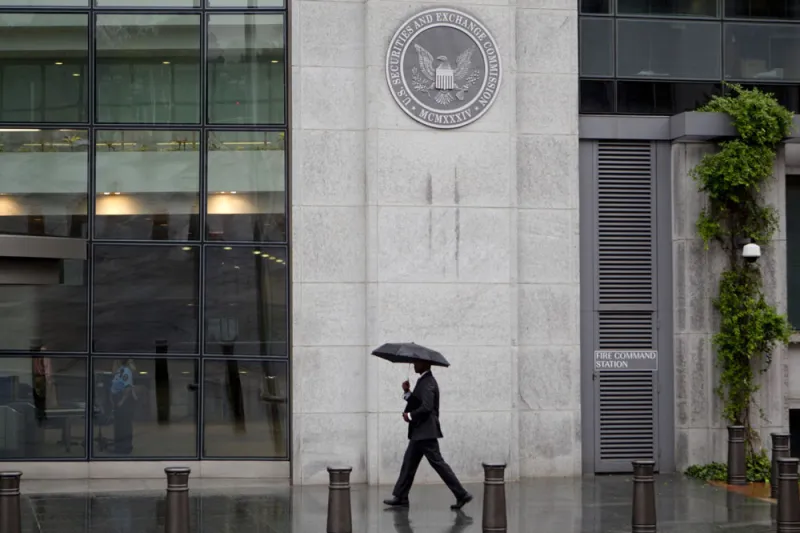Founders, many of whom want to avoid the scrutiny of public markets, are choosing to stay private for longer than ever. Yet with a record amount of cash locked up in private companies, the Securities and Exchange Commission, led by Gary Gensler, believes there are huge risks to the lack of transparency and is working on what it can do to require private companies to disclose more information.
The SEC commissioner Allison Lee described the private markets as “going dark” because more companies are accumulating capital in the private market than in the public market.
“More and more of the capital in private markets comes from pension plans, mutual funds, and other institutions, a trend that will likely continue,” Lee said in a speech at “The SEC Speaks in 2021” on October 12. “Because these institutions are stewards for the savings and retirement assets of millions of Americans, the savings of everyday investors is increasingly exposed to the potential risks associated with a lack of transparency.”
As a first step, the SEC may require players in the private markets to simply disclose more data, according to Brian Schaeffer, managing director of the private equity marketplace InvestX. Unlike public companies, which are required to disclose their financials regularly, private companies don’t need to follow a rigorous financial reporting framework or release other information like that on environmental, social, and governance goals. (In fact, that’s exactly why founders don’t want to go public. Among other things, start-ups argue that revealing their spending on research and development or revenue would subject them to quarterly earnings scrutiny and short-term analyst targets.)
The disclosure requirements are unlikely to be the same for all private companies, added Carine Schneider, president of AST Private Company Solutions, a systems provider for the private market. For example, firms that have reached a certain size or valuation, or have a particular number of employees or revenue, might be asked to disclose more information.
“[Private companies] are not going all the way to a 10-K or 10-Q and all the things that a publicly traded company is required to disclose, but there would be more [disclosure] than what they are doing today,” said Schneider, who just published a book to promote access to private markets.
The Commission is likely to require private companies’ information “to be shared in a controlled way,” Schneider added. That means it may implement rules on how frequently they need to share data or information regarding corporate governance.
By asking private companies to be more transparent, the SEC is blurring the line between public and private markets, Schaeffer stressed. It may create a conundrum for private companies because they thought they could avoid more regulations by staying private. By targeting them, the SEC is creating some incentives and unintended consequences. Some private companies may decide to go public sooner than they would have otherwise, while others may move offshore.
Schneider worries that too stringent rules may “turn off the innovation spirit,” which she believes is essential for companies seeking opportunities in the U.S. Therefore, the SEC needs to draft rules with balance, care, and delicacy. To protect individual investors, one possible solution for the regulator is to create a better mechanism to determine which ones are truly accredited, meaning they satisfy SEC certain requirements on income or net worth and, as a result, are financially sophisticated. With a better screening tool, only accredited investors would be given access to less transparent private markets.
The SEC’s concerns about transparency also come as every private equity firm salivates over the potential to offer their products to the defined contribution market. While the Department of Labor, which oversees DC plans, now allows private equity to be included in a 401(k) on a limited basis, most people expect the gates to open wider over the next few years. But everyone also anticipates that private equity firms that get into the DC market will also be required to provide a whole lot of data at the fund level as well as on underlying investments. Even if regulators don’t directly require such disclosure, plan sponsors will. And asset managers will all line up to do so because the retail market is growing even as the institutional market is getting tapped out in alternatives, according to executives across the industry.
And transparency isn’t all bad. More transparent funds can even offer better returns.
“It’s [the SEC’s] job to protect investors,” said Schneider. “If it decides to allow more people to participate and invest in the [private] markets, there’s more work to do.”







